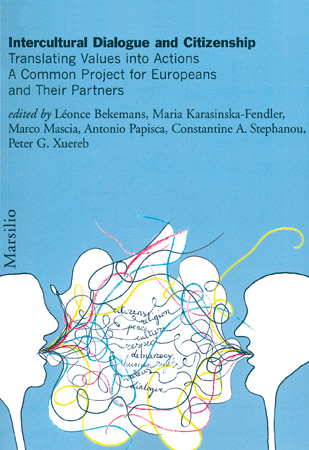Collections

Governing a Multicultural Europe: Policy Challenges and Responses
Constantine A. Stephanou, Iro G. Nicolacopoulou (2007)
- Contained in
- Intercultural Dialogue and Citizenship
- Pubblication type
- Articolo / Saggio
- Language
- EN
European integration has been based on shared values embodied in fundamental principles, such as the long-standing principle of «unity in diversity». In the present-day EU, the need to promote integration, while also accommodating the socio-cultural diversity of member states, as well as the collective identities of various groups such as minorities and immigrants, constitutes a formidable challenge to policy-makers, implementing authorities and the courts of law. The EC and EU treaties provide some guidance in this area, but the potential of the existing norms is not fully realised; they include provisions for the respect of national identities and cultural diversity, which still require clarification. On the other hand, since the Amsterdam revision of the founding treaties, a number of important directives has been adopted, with considerable implications for the status of immigrants and minorities. Finally, new governance methods and instruments, such as consultation with stakeholders and resort to financial incentives, have had substantial impact on cultural and education policies.

